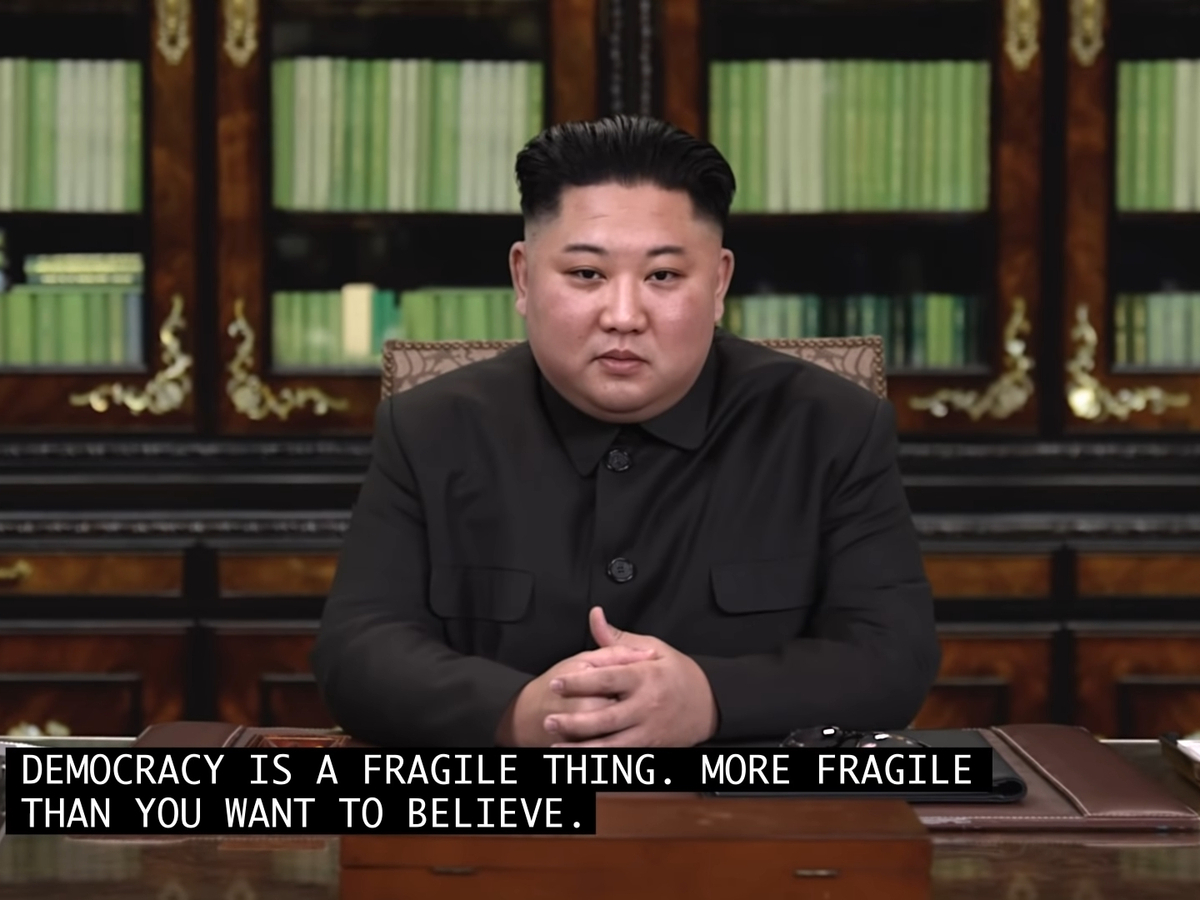Project on dealing with deepfakes
We do believe the things we can see with our own eyes and hear with our own ears. The so-called deepfakes shake this conviction. They are realistic-looking photos, audio or video recordings that are deliberately altered or even falsified with the help of artificial intelligence. This new phenomenon is intensified by ever improving technical possibilities and the increasing role of visual media in our everyday lives.
Risks for the formation of public opinion
We encounter deepfakes in the form of rather harmless, obviously manipulated film sequences, for example for the purpose of satire. However, they are also used in deliberately defamatory, derogatory, or aggressive scenarios. In addition, deepfakes can also be created by subsequently removing, inserting, and swapping media content. A particularly drastic example are manipulated porn movies.
There are indeed useful applications of this technology, for example in education, art, and even medicine. However, at the same time, there are a large number of risks. In addition to the individual consequences for those directly affected, these include in particular the potential to influence democratic processes through disinformation.
Development of political options for action
On behalf of the European Parliament's Panel for the Future of Science and Technology (STOA), ITAS researchers and their colleagues from the Netherlands (Rathenau Institut), the Czech Republic (Technology Centre CAS) and Germany (Fraunhofer ISI) take a closer look at deepfake technologies.
The scientists analyze future application scenarios and their impacts. On this basis, they also want to develop options for political action and regulation for the European Union. The task of ITAS is to involve relevant stakeholders from science, NGOs, and companies in the discussion about social, ethical, economic, and legal aspects of deepfake technologies. (01.12.2020)
Further links and documents:
- ITAS project page Tackling Deepfakes in the new AI Legislative Framework
- Short Topic profile Deepfakes – Manipulation von Filmsequenzen (PDF) of the Office of Technology Assessment at the German Bundestag (TAB)


